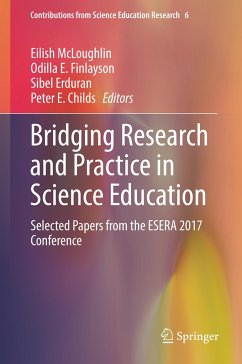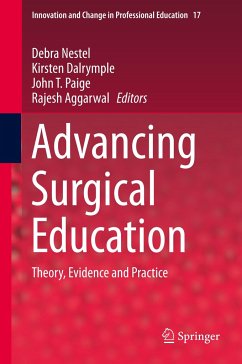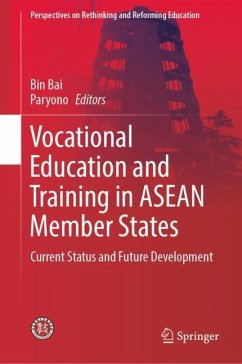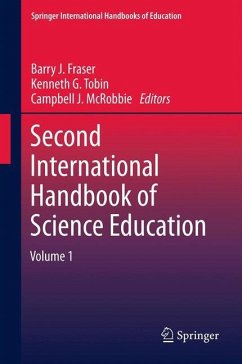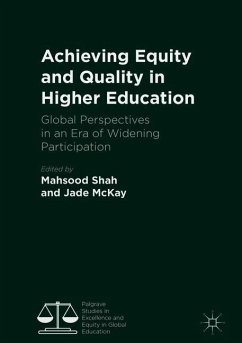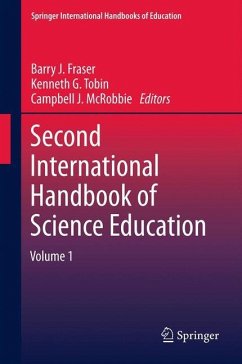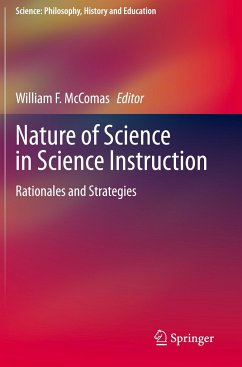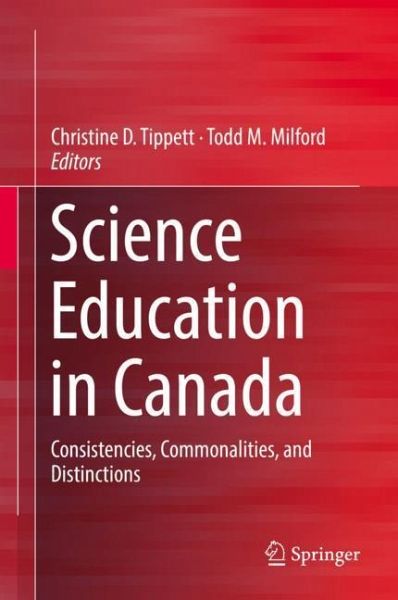
Science Education in Canada
Consistencies, Commonalities, and Distinctions
Herausgegeben: Tippett, Christine D.; Milford, Todd M.

PAYBACK Punkte
38 °P sammeln!
This book offers a meso-level description of demographics, science education, and science teacher education. Representing all 13 Canadian jurisdictions, the book provides local insights that serve as the basis for exploring the Canadian system as a whole and function as a common starting point from which to identify causal relationships that may be associated with Canada's successes. The book highlights commonalities, consistencies, and distinctions across the provinces and territories in a thematic analysis of the 13 jurisdiction-specific chapters. Although the analysis indicates a network of...
This book offers a meso-level description of demographics, science education, and science teacher education. Representing all 13 Canadian jurisdictions, the book provides local insights that serve as the basis for exploring the Canadian system as a whole and function as a common starting point from which to identify causal relationships that may be associated with Canada's successes. The book highlights commonalities, consistencies, and distinctions across the provinces and territories in a thematic analysis of the 13 jurisdiction-specific chapters. Although the analysis indicates a network of policy and practice issues warranting further consideration, the diverse nature of Canadian science education makes simple identification of causal relationships elusive.
Canada has a reputation for strong science achievement. However, there is currently limited literature on science education in Canada at the general level or in specific areas such as Canadian science curriculum or science teacher education. This book fills that gap by presenting a thorough description of science education at the provincial/territorial level, as well as a more holistic description of pressing issues for Canadian science education.
Canada has a reputation for strong science achievement. However, there is currently limited literature on science education in Canada at the general level or in specific areas such as Canadian science curriculum or science teacher education. This book fills that gap by presenting a thorough description of science education at the provincial/territorial level, as well as a more holistic description of pressing issues for Canadian science education.







